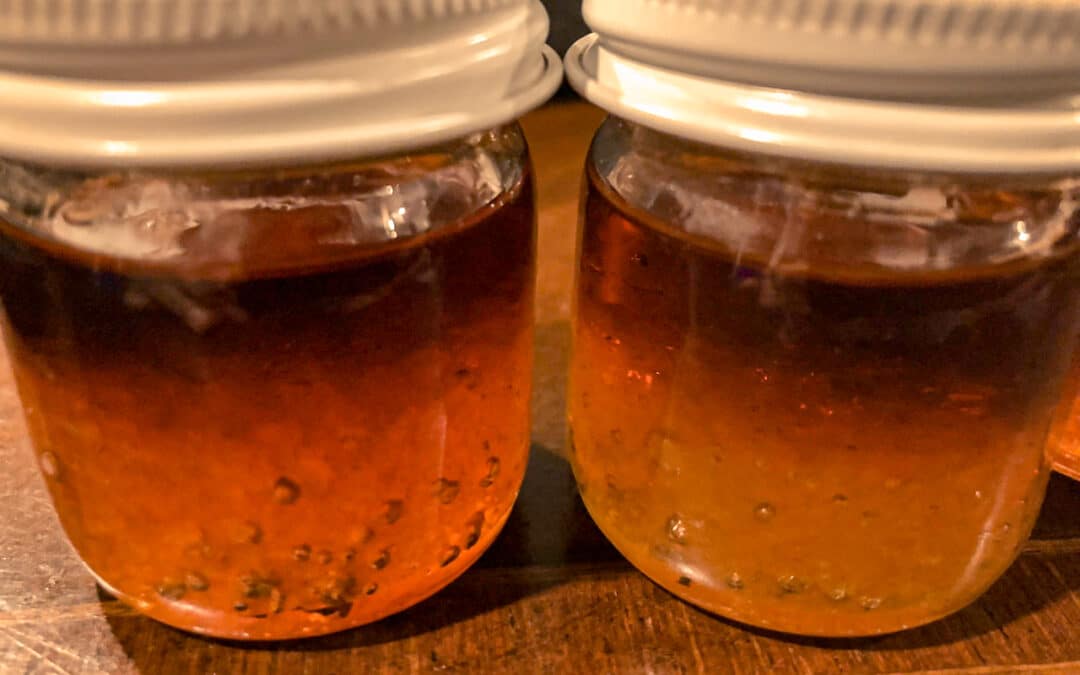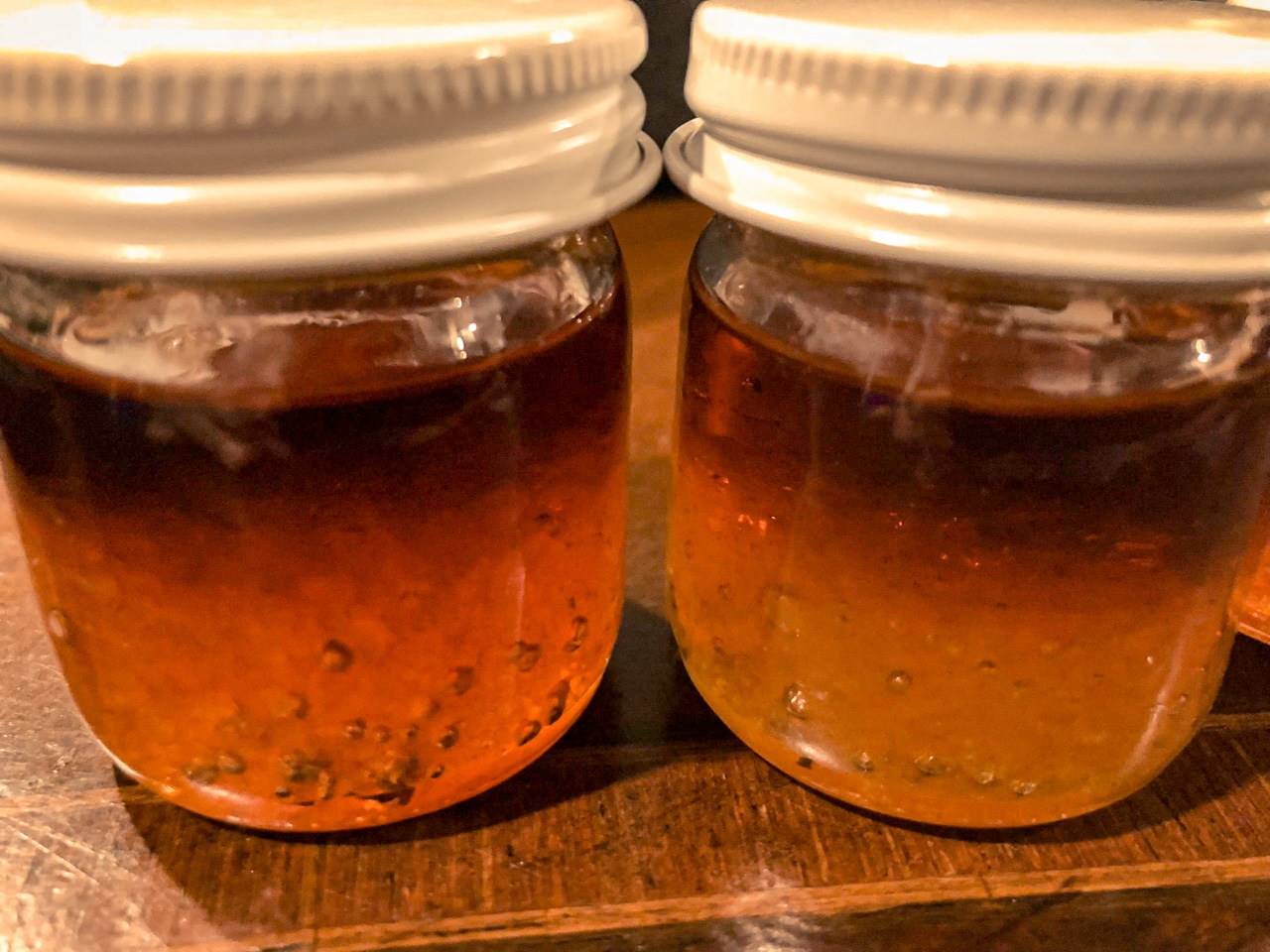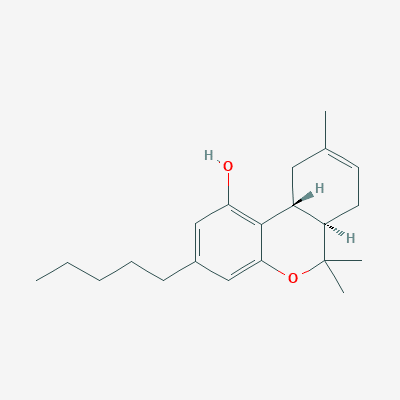
Why Delta-8 is Being Made Illegal

As quickly as Delta-8 THC blew up, it’s being made illegal by states across the country.
It was only a matter of time.
Consumers and entrepreneurs have been an enjoying a regulation free, sub-legal way to get high and profit from Delta-8 THC. Now the DEA and USDA have taken notice, and in addition to the numerous states already taking action to make Delta-8 illegal on their own terms, the official law regarding Delta-8 is becoming more clear.
In fact, the current laws regarding hemp may already have it covered.
What is Delta-8 THC?
A very, very close relative to Delta-9 THC, the main psychoactive component of cannabis, Delta-8 THC is separated by just one subtle difference in its molecular structure. The similarity in molecular structure also leads to similar psychoactive effects although slightly suppressed.
Studies done on Delta-8 THC have revealed it to be roughly 75% the potency of traditional Delta-9 THC. With modern extraction technology and isolation techniques, manufacturers of D8 THC are able to produce products that get users high.
The reason that D8 THC is able to operate currently with near impunity is because of the wording of the 2018 Farm Bill. In the bill, “Hemp” is defined as:
The plant Cannabis sativa L. and any part of that plant, including the seeds thereof and all derivatives, extracts, cannabinoids, isomers, acids, salts, and salts of isomers, whether growing or not, with a delta-9 tetrahydrocannabinol concentration of not more than 0.3 percent on a dry weight basis.
Because the definition specifically includes Delta-9 THC and nothing else, this has been used by manufacturers as a de facto legalization of other tetrahydrocannabinols. However, looking a little more deeply into current rules and regulations on the books by the DEA and USDA, and depending on your definition of “synthetic”, the future of Delta-8 may have already been decided.
Synthetic Tetrahydrocannabinols
In August of 2020, the DEA released a set of interim rules regarding hemp. In this ruling they say, “For tetrahydrocannabinols that are naturally occurring constituents of the plant material, Cannabis sativa L., any material that contains 0.3% or less of D9 -THC by dry weight is not controlled, unless specifically controlled elsewhere under the CSA,” CSA being the Controlled Substances Act.
However in the same paragraph further down, we get to the part that matters to Delta-8 THC advocates; “For synthetically derived tetrahydrocannabinols, the concentration of D9 -THC is not a determining factor in whether the material is a controlled substance. All synthetically derived tetrahydrocannabinols remain schedule I controlled substances.“
By establishing a difference between naturally occurring cannabinoids that are produced in hemp and those that are derived and enhanced synthetically, the DEA virtually made a ruling against Delta 8. This is because, to the likely surprise of many (including myself), Delta 8 THC while naturally occurring in hemp, is in fact synthetically made from CBD when produced for retail sale.
How Delta 8 THC is Made
All cannabinoids, from CBD to THC and beyond begin as CBGA. Because of the shared molecular structure of cannabinoids, manipulating them is simpler than it may seem. While Delta-8 is relatively new, producers have been using these methods to manipulate cannabinoids for a long time to find exotic new cannabinoids.
While Delta-8 THC exists in a wide range of cannabis strains, it is in minuscule, trace amounts. To extract and purify Delta-8 from raw plant material with less than one percent of the targeted cannabinoid is unprofitable. This is why producers have begun converting other, more prevalent cannabinoids like CBD and Delta-9 THC into Delta-8.
The process of creating Delta 8 from CBD is nothing new, and is actually a patented isomerization process. It involves dissolving CBD in a solvent like heptane. An acid is then added into the solution and stirred constantly up to 18 hours on a heat plate. Once the chemical reaction is complete it will separate, where it can then be washed and dried and tested.
Compared to how your average Delta-9 extract is made, Delta-8 is a more lengthy, “synthetic” process. The Delta-8 is not there in the beginning, it is created in the end. And that’s why it’s a problem.
What does this mean for Delta 8 THC?
Unfortunately for producers and consumers alike, the great days of Delta-8 THC are likely coming to an end sooner rather than later. Over a dozen states have already banned Delta-8 THC, and more are considering passing their own laws against the cannabinoid. With the ruling by the DEA being brought into the open, it will be difficult for manufacturers to argue that Delta-8 is not in fact a synthetic cannabinoid.
In other words, those who continue to manufacture and sell Delta-8, even right now, are technically manufacturing and distributing a Schedule 1 substance. States in which Delta-8 THC has not been explicitly banned likely don’t need to worry about prosecution for the time being, as no official ruling on Delta-8 specifically has been passed down.
But as concern grows and more states ban Delta-8, it is going to become more difficult and less profitable for manufacturers to continue making it. Soon enough, Delta-8 will likely be another banned substance nationwide.







